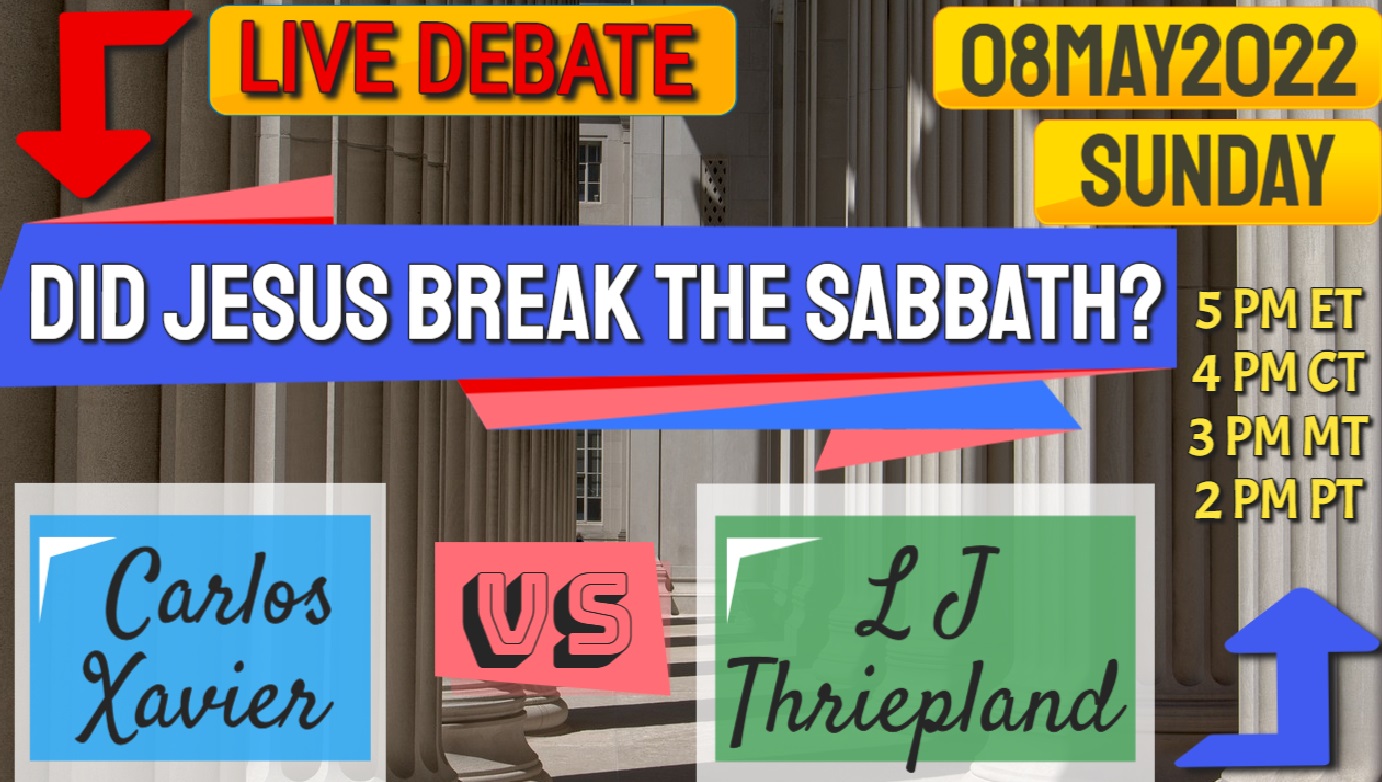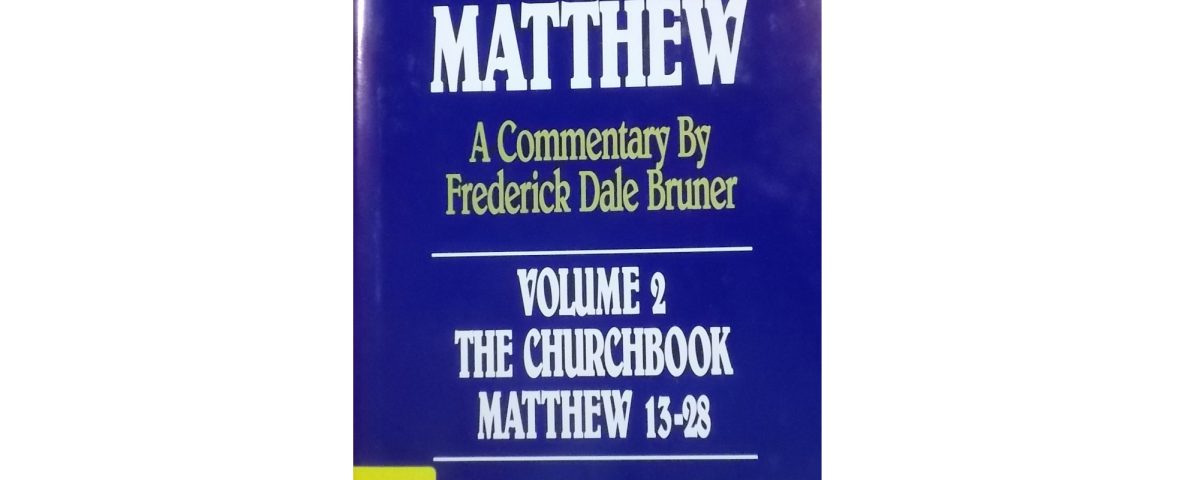
Did Jesus Break the Sabbath? Debate open
May 15, 2022
The word of God: Who or what?
June 15, 2022Commentary on Psalm 110:1

F.D. Bruner, Matthew: A Commentary, vol. 2, 2007, pp 423-24.
The citation in Matt 22:44 is Ps 110:1. The key phrase is the first: “The Lord said to my Lord.”
Who is this second “Lord”? Jesus assumes that this second Lord is the Messiah.
“The Lord said to my Lord” meant “God said to my king.” But since King David himself was believed the author of this psalm (see its title “Of David. A Psalm”), the plot thickens. (Cf. Cullmann in Davies and Allison, 3:254n.24.)
In Hebrew the phrase says, “Yahweh said to adoni” (neum YHWH la’adoni). Adoni means “my master” or “my lord.” The devout Jew would read this phrase by covering “YHWH” (Yahweh), saying instead, “Adonai said to Adoni.” Adonai (in distinction from adoni) means Yahweh, the God revealed to Israel. The Greek translation of the Hebrew text wrote simply here, “The kyrios said to my kyrios”, using the same word — kyrios — for both Hebrew terms.
In the Greek translation, too, the first kyrios is assumed to be Yahweh-God and the second kyrios is left open to interpretation. Jesus stepped into this opening with the mystery of his person. The all-important exegetical and theological question to ask, then, is “Who is the second kyrios-lord in Ps iio:i?” Even when the second, apparently human “lord” in the Psalm’s second noun is distinguished from the deity of the first “LoRD,” as strict exegesis suggests, nevertheless, adon in Hebrew means “master” (BDB, ii), a term of superiority. At first, this is all Jesus seeks to establish. It is not theologically important that majority scholarship cannot trace this psalm to David (cf. Briggs in McNeile, 327; Green, 186; Taylor, 492, emphasis added, who comments: “The value of the saying is not thereby destroyed, since its main importance is the light it throws on the manner in which Jesus interpreted Messiahship”). Jesus shared with his con-temporaries the belief that David wrote this psalm — Jesus’ full humanity requires this as-sumption. (It is false teaching to believe that Jesus’ mind was not human, for in the great or-thodox formula, “what was not assumed [taken on] was not redeemed,” and if Jesus had not taken on a human mind — a first-century human mind — the human mind would not have been redeemed. In the early church, Apollinarianism was the heresy that denied Jesus’ fully human mind.)
If David, then, called the mysterious second kyrios the “lord,” whom specifically was David’s first kyrios addressing? The only other person deserving any such title of majesty, to Jewish consciousness, is the Messiah. Thus Jesus’ next question is perfectly Jewish and logical: “How is it that David in the Spirit calls him [the Son of David] ‘Lord’?”
If the coming Messiah—Son of David is addressed by King David himself as Messiah—Lord of David, whom are we looking at in this psalm?
Calvin, 3:43, raises the honest historical question:
“Might not God have raised up someone of the human race as Redeemer to be David’s Lord and Son at the same time? For it is not God’s most essential name that is used [here], but only Adonai [Adoni] (Lord), which [name] in fact is often applied to men.”
But then Calvin answers his own question with the answer of orthodoxy. Both Calvin’s freedom to ask the exegetically honest question and his orthodox answer reflect well on Jesus’ (and on Calvin’s) liberal teaching manner and conservative teaching matter.

